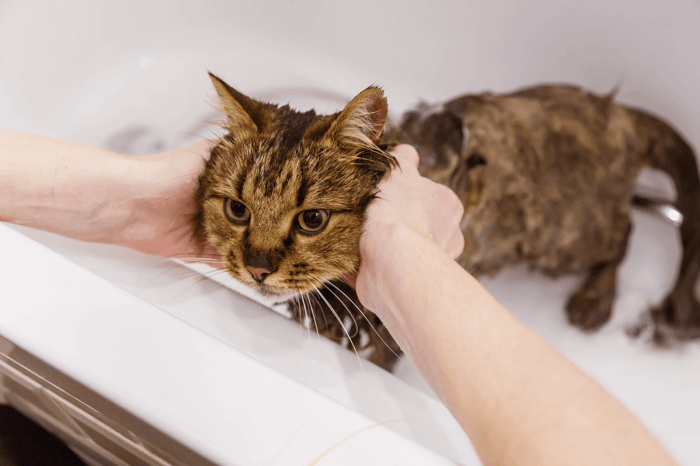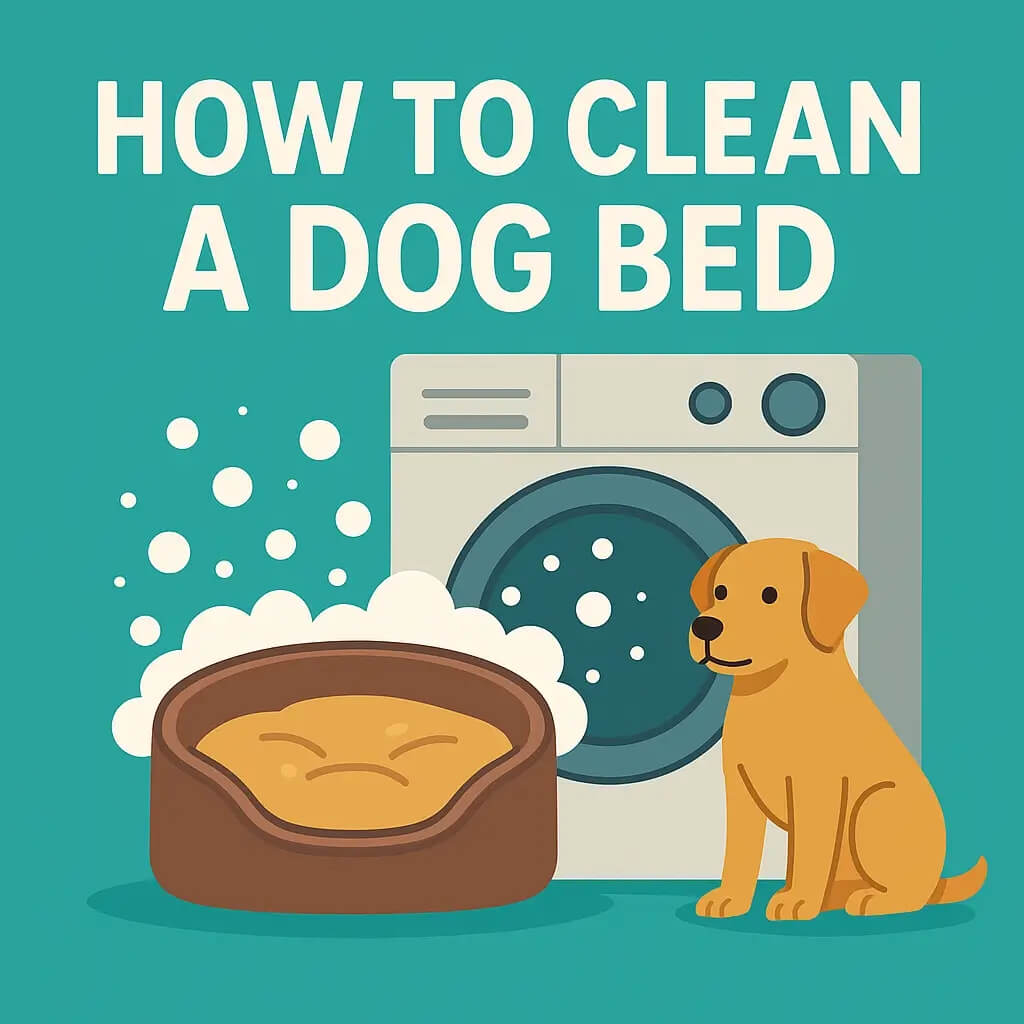
What Causes Seasonal Allergies in Pets?
Grass Pollen: Often peaks in the spring and early summer.
Tree Pollen: Typically high in spring.
Weed Pollen: Common in late summer and fall.
Molds and Yeasts: Thrive in warm, damp environments, particularly in the fall.
Dust Mites: Can be present year-round but may increase in fall and winter.

Signs Your Pet May Have Seasonal Allergies
Excessive Scratching or Licking: Particularly around the paws, face, or ears.
Red, Inflamed Skin: Sometimes accompanied by hair loss or scabs.
Chronic Ear Infections: Recurring infections, especially in dogs prone to ear problems.
Watery Eyes or Sneezing: Less common but still possible in pets with allergies.
Paw Licking and Chewing: Pets often focus on their paws, leading to discoloration of the fur.
How to Help Your Pet with Seasonal Allergies
Anti-Histamines: Over-the-counter options like Benadryl or Zyrtec can help, but always consult your vet before administering any medication.
Topical Treatments: Anti-itch sprays, creams, and shampoos with ingredients like oatmeal can soothe irritated skin.
Regular Baths: Bathing your pet can remove allergens from their skin and coat. Use pet-specific shampoo to avoid further irritation.

Wipe Down After Walks: A quick wipe of your pet's paws and coat after outdoor activities can minimize allergen exposure.
Fatty Acid Supplements: Omega-3 supplements can improve skin health and reduce inflammation.
Limit Outdoor Exposure: On high-pollen days, try to keep your pet indoors as much as possible.
Preventing Future Allergy Flare-Ups
Start Treatment Early: Begin allergy management, like administering anti-histamines, before the allergy season starts.
Keep a Clean Environment: Regularly vacuum your home to reduce indoor allergens like dust mites.
Routine Ear Cleaning: Clean your pet's ears regularly, especially after swimming or bathing, to prevent infections.
Monitor Symptoms: Keep an eye on your pet's behavior and skin condition. Early intervention can prevent more severe issues.











